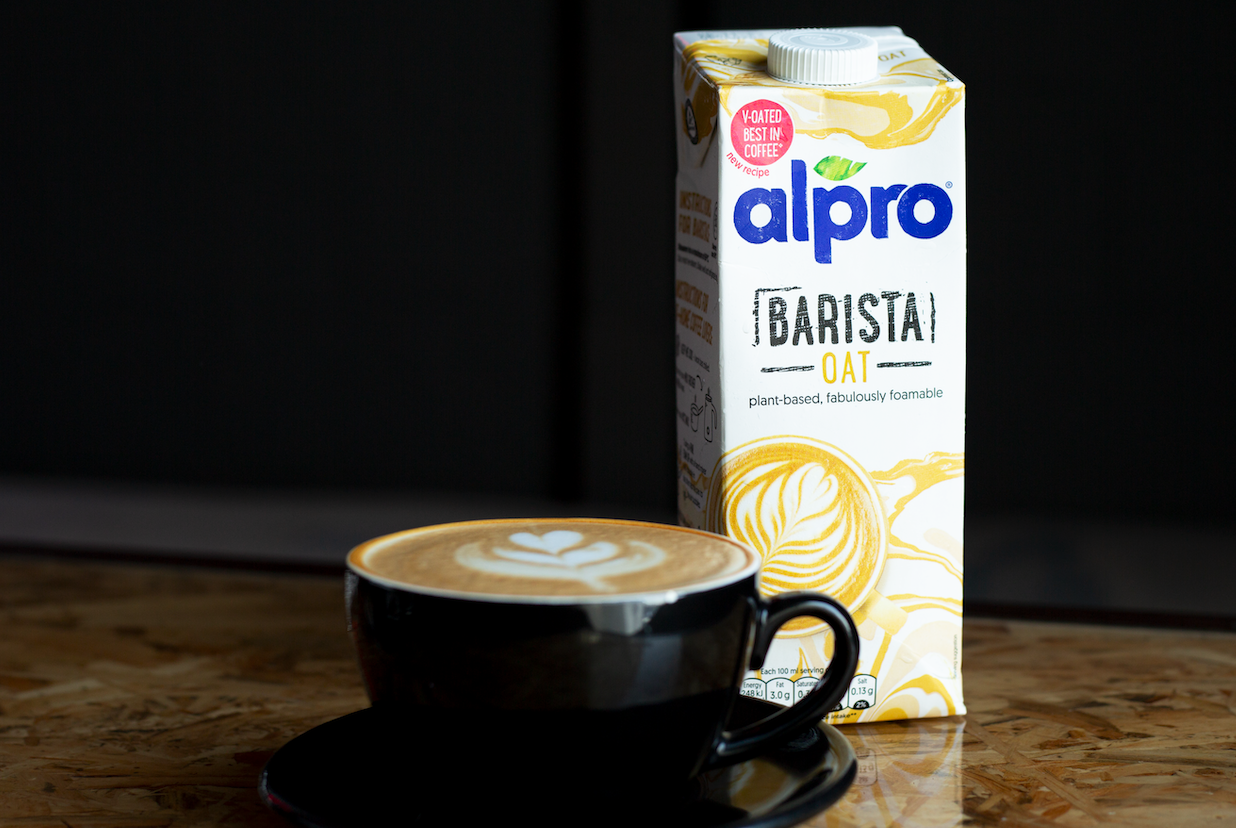 In today’s rapidly evolving modern food industry, a transformation is taking place as consumers undergo a profound shift in informed dietary preferences.
In today’s rapidly evolving modern food industry, a transformation is taking place as consumers undergo a profound shift in informed dietary preferences.
Part of this remarkable change is the soaring popularity of plant-based milk alternatives, which have seen an unprecedented surge in global demand.
With an increasing number of individuals embracing ethical and healthy lifestyle choices, these dairy-free alternatives have solidified their position as a permanent fixture in grocery stores worldwide.
UAE’s role
The UAE is known for its progressive approach toward sustainability, and plant-based milks align perfectly with this ethos.
As per local industry experts, the revenue for milk substitutes in the UAE market amounts to U$39.6 million in 2023 with an expected CAGR of 14.14 per cent during 2023-2028.
In the UAE, oat milk has emerged as one of the most popular choices among consumers. Its creamy texture, nutty flavor, and rich nutritional profile have made it a preferred alternative to dairy milk.
However, coconut milk has also gained traction particularly suited to the younger demographic and their preference for iced coffees, with flavours pairing perfectly with coffee.
Several companies have begun to set up bases in the UAE solely to have plant-based products that can be locally available in the UAE and other Middle Eastern markets.
These brands are not only offering a wide range of flavours but also catering to cultural preferences, such as camel milk alternatives, which hold cultural significance in the region.

At RAW, the shift of consumer preferences from dairy to plant-based milks caused an astounding increase in sales from 2 per cent in 2020 to 15 per cent in 2023.
This led to RAW’s newly established partnership with Alpro, part of Danone. The collaboration aligns with RAW’s ethical and sustainability values, as Alpro farms have a lower carbon footprint.
They also have a well-balanced supply chain and adopt regenerative agriculture to produce 100 per cent of their ingredients in France, and incorporate sustainable packaging by the 2025.
Way Forward
As the demand for plant-based milk continues to grow, dairy industries need to recognise this shift. Traditional dairy companies have already begun diversifying their product portfolios to include plant-based options.
Collaborations between food scientists, nutritionists and entrepreneurs can help create innovative, sustainable, and locally relevant alternatives.
As the demand for healthier, environmentally-friendly, and ethical food options continues to soar, plant-based milks are poised to play a significant role in shaping the dairy industry’s future.
By embracing this trend, both consumers and businesses can contribute to a more sustainable food system, one cup of plant-based milk at a time.
By Kim Thompson – Co-Owner & Managing Director at RAW Coffee Company









